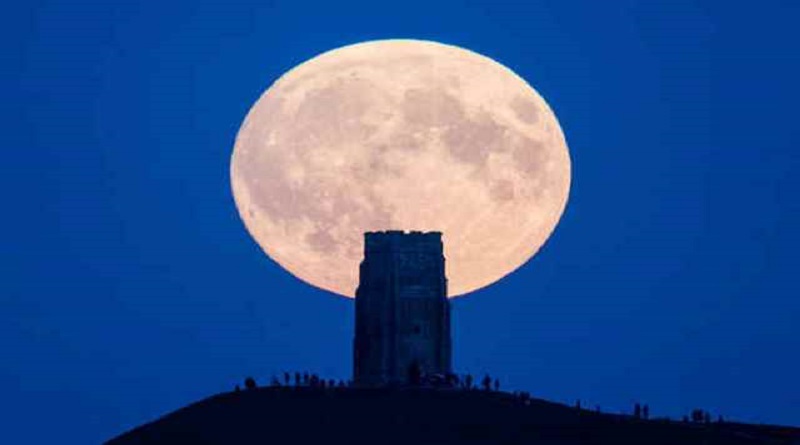Jupiter now has 79 planet moons
Researchers said that Jupiter, the oldest and largest planet, has 79 planet moons with the latest discovery of 12 new ones.
U.S. researchers announced the discovery of 12 new moons orbiting Jupiter, bringing the total number of the planet’s known moons to 79.
The discovery means Jupiter, the oldest and largest planet in the solar system, has more moons than any of the other seven.
Scott Sheppard of the Carnegie Institution for Science in Washington and his team discovered the moons more than a year ago while looking for a possible massive planet beyond Pluto.
“Jupiter just happened to be in the sky near the search fields where we were looking for extremely distant solar system objects,” Sheppard said, according to a Carnegie Institution news release.
The team was able to look for new moons “serendipitously,” he added.
Gareth Williams of the International Astronomical Union’s Minor Planet Center used Sheppard’s observations to calculate orbits for the newly found moons.
“It takes several observations to confirm an object actually orbits around Jupiter,” Williams said.
“So, the whole process took a year.”
Eleven of the newly discovered moons are considered normal, with diameters between one and three kms.
Nine of them are part of a distant outer swarm of moons that orbit in the opposite direction of Jupiter’s spin rotation; two are much closer to Jupiter and orbit in the same direction as the planet.
The 12th moon is being called an oddball because, while it orbits in the same direction as Jupiter’s spin, it is much farther away than the others orbiting in that direction and it is comparatively tiny. (Xinhua/NAN




